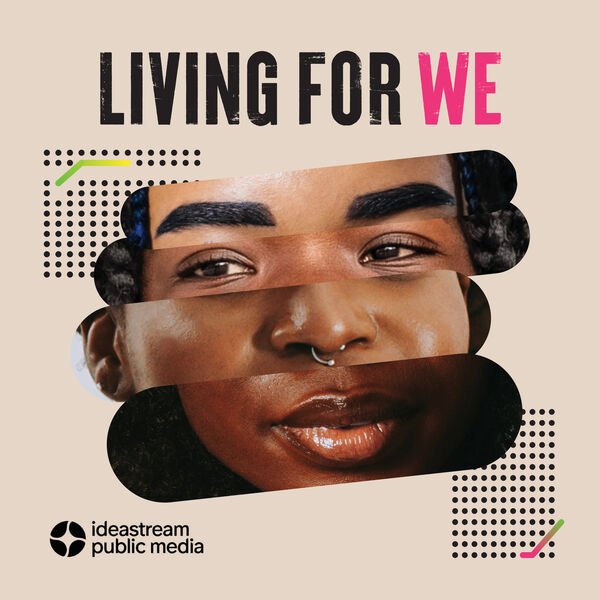
“We have a city of black women that are looking around at their outcomes, their future, their past and saying, ‘This city makes me anxious.’”
A 2020 study by cityLAB ranking Cleveland the least liveable place for black women in the country drew a variety of reactions from Clevelanders. While some expressed shock and surprise, for others it was a public confirmation of a lifetime of personal experiences. For Ideastream journalist, Marlene Harris-Taylor, however, the study left out a crucial voice — that of black women themselves.
In her podcast, Living for We, Harris-Taylor brings the experiences of Cleveland’s black women into the forefront of the conversation. To do this, she collaborated with Teaching Cleveland partner, Enlightened Solutions, who responded to the cityLAB study by conducting one of their own.
Through Project Noir, Enlightened Solutions sought to answer the questions:
-
“As a Black Woman, what is it like to live in a city that experts agree is the worst place for you?”
-
“How can individuals and anchor institutions create tangible solutions?”
by surveying black women living in Cleveland.
For both Living for We and Project Noir, the purpose was to deepen our understanding of the lived experiences of black women in Cleveland. From work and school to medical environments, the podcast uplifts the voices and experiences of women across all walks of life.
Living for We explores all of these topics, many challenging and difficult to process, with a throughline of mental health. The podcast utilizes the voice of Dr. Angela Neal-Barnett, a psychologist who specializes in the experiences of black women, to analyze the very real mental and physical impacts of the racism that exists in Cleveland.
However, through all of this exploration of the daily struggles and burdens faced by black women living in our city, the goal of Living for We is to “leave women with hope.” Harris-Taylor does just that. By emphasizing the beauty and love in the community of black women in Cleveland, she pushes past the statistics laid out by the cityLAB findings for a fuller picture.
Ultimately, Living for We is a statement on the power and potential for healing that could exist from the collective efforts of Clevelanders. She concludes with the sentiment that “the people who are most proximate to the problem are the people most suited to solve it.” Together, we can find the solutions. Together we can make Cleveland a place where black women can thrive.
